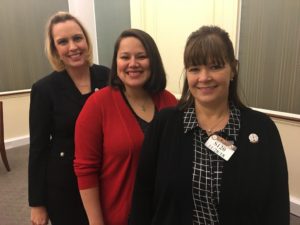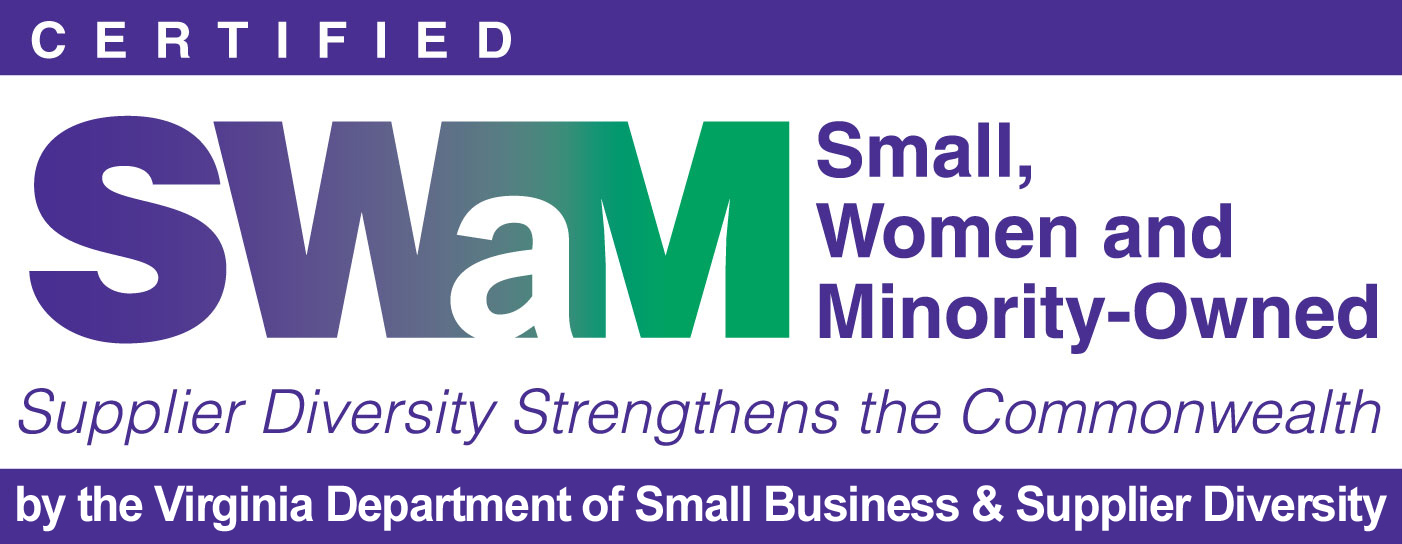There are roughly 5.5 million military caregivers in the United States, with nearly 20% caring for post-9/11 veterans, according to findings by the RAND Corporation. The men and women who find themselves in this new role often provide their loved ones with round-the-clock care, including emotional, physical, and medical support. Research found this level of responsibility can oftentimes lead to social isolation, which led to the creation of a peer-based network to help caregivers feel less alone.
The American Red Cross Military and Veteran Caregiver Network (MVCN) was launched to serve caregivers of all eras, of all relationships, and across all locations. It uses peer-based programs and services to meet caregivers in a way that works best for them, whether that be one-on-one, in a support group, or through an online community.
Director Melissa Comeau explains the top challenges facing caregivers today include employment, mental health, finances, lack of respite, and difficulty accessing VA caregiver programs. MVCN leans on volunteers to create a strong peer support network to address these trends.
“All of our peer supporters are volunteers. Now that we are at the American Red Cross we will be incorporating into the larger Volunteer Connection portal to encourage more caregivers to volunteer to provide peer support,” she said. “Many caregivers are looking to create meaning and help others with their valuable lived experience. At the MVCN, we specialize in creating opportunities for military and veteran caregivers to give back to each other. It is truly a beautiful relationship.”
MVCN was initially created by the Tragedy Assistance Program for Survivors (TAPS) in 2014 to address social isolation. Three years later, it transitioned to the American Red Cross under the Services to Armed Forces program.
The network uses a “Match.com-style” algorithm to match peers of similar life experience, Comeau says.
“Caregivers who are looking for a peer mentor will fill out a profile in our secure Network. Once they have completed it, they are automatically matched with trained peer mentors that match closest to their experience. Some of our matching pertains to the veteran or service member they are caring for, such as branch, enlisted/officer, conflicts, types of injuries, etc. Then there are matching criteria based on what the caregiver is hoping to get out of the mentorship, as well as their lived experience: living in an urban, suburban, or rural community; having children, employment, etc.,” she explained. “Both the mentor and the mentee have the ability to view each other’s profiles to determine if the match is a good fit.”
Comeau is also a caregiver to her husband, a Marine Corps veteran. While advice for caregivers often centers on the idea of self-care, she believes it is important that an individual define exactly what that looks like in his or her own life rather than following a cookie-cutter model of it.
“One suggestion I have for caregivers is to discover what self-care is best for them. I believe in the benefits of prioritizing self-care (in whatever form that takes for the individual) because I have seen the positive changes it has created in my own life,” she said. “I have lost over 50 pounds and feel I have crafted a self-care practice that is realistic. It also comes down to treating yourself with grace. Self-care should not feel like another thing you ‘should’ be doing. Find what works for you and be gentle with yourself.”
MVCN peer groups exist to help caregivers discover what sort of support they need, especially for their own needs, like taking care of themselves in the midst of a demanding lifestyle. Comeau says one of her goals in 2019 is to expand the network to reach more military and veteran caregivers.
“We hope to provide all caregivers with peer support to increase connectedness, engagement, knowledge, skills, and hope. We look forward to growing and evolving to best serve this treasured community,” she added.
If you are a caregiver looking for resources and peer-based support, visit https://milvetcaregivernetwork.org.



